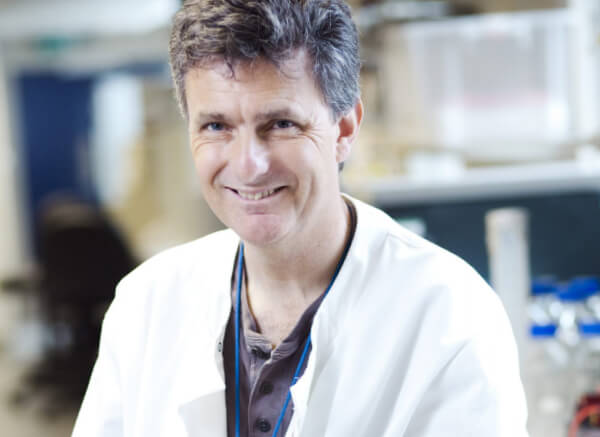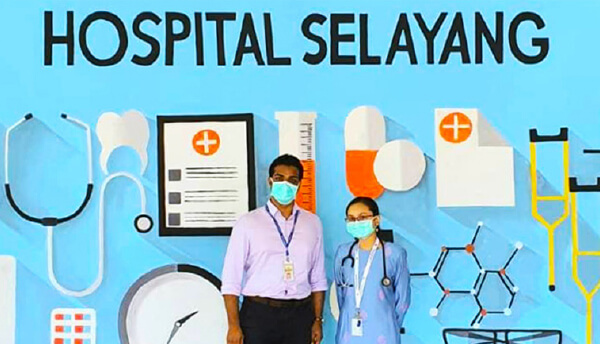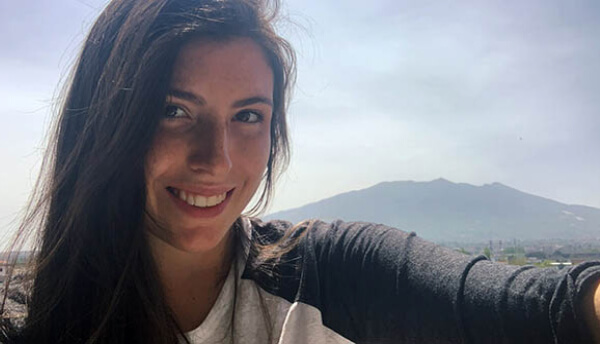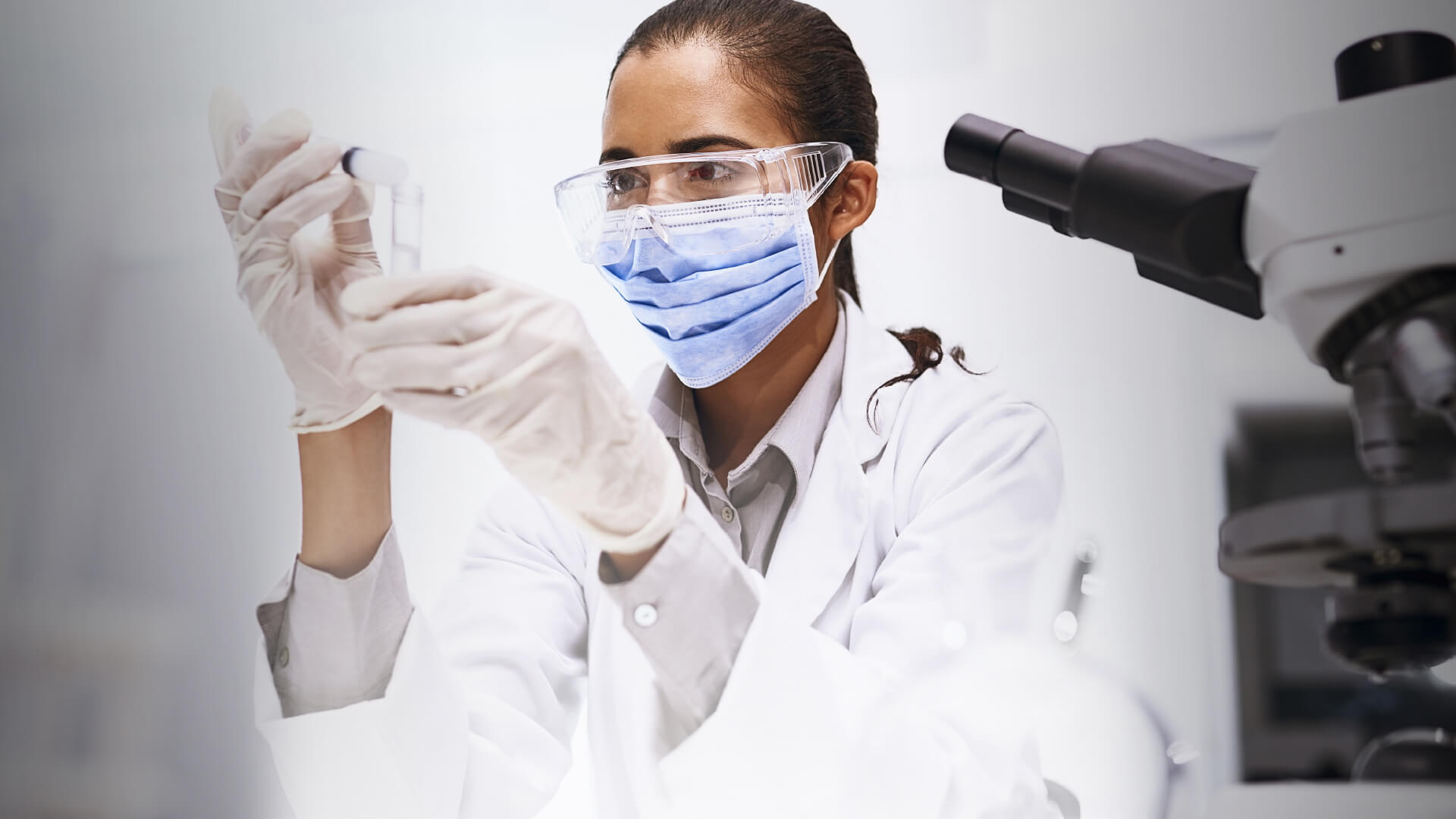To call the SARS-CoV-2 coronavirus unique would be an understatement. The spread of COVID-19 has disrupted virtually every single human life on the planet in some way.
King’s was, at one point, situated in one of the most infected areas in Europe. And as a medical research facility with a proud history of service to our community, we also had the desire and duty to put ourselves at the centre of the response.
Professor Edward Byrne AC, President & Principal, shares his gratitude to the King’s community:
The investigation begins
One of our first responses was to create an NHS-accredited COVID-19 diagnostics centre. Hundreds of PhD students, researchers and other trained staff volunteered almost immediately to make the lab operational.
Tracking the spread of the virus is considered to be one of the most important components of tackling its effects. The COVID-19 symptom tracking app, developed by Professor Tim Spector in partnership with Project Zoe, has been used by over four million people. This makes it the largest citizen science project ever. The app relies on people self-reporting symptoms and their location to determine where local outbreaks are happening. It is part of the SAGE reporting strategy – the Scientific Advisory Group for Emergencies – which advises the government on its response to COVID-19.
In July, a team led by Professor Michael Malim from the School of Immunology & Microbial Sciences received £1m funding from the Huo Family Foundation for research into COVID-19. Professor Malim’s group is focused on diagnostic testing and informing the public health response in the management and treatment of COVID. He shares: ‘The award enabled us to target research on diagnostics, biomarkers and understanding immunity – providing the flexibility to support new projects as they emerge and to be scientifically agile as we learn from our own work and that of teams from around the world.’

Professor Michael Malim
Finding the ways in which we may be affected by the disease has also been paramount. Thanks to the Twins Study, led by King’s consultant geriatrician Dr Claire Steves, researchers identified, through antibody and throat and nasal swabs, that one in five of those with COVID-19 are asymptomatic. This was a major breakthrough in the global understanding of the virus.
The award enabled us to target research on diagnostics, biomarkers and understanding immunity – providing the flexibility to support new projects as they emerge and to be scientifically agile as we learn from our own work and that of teams from around the world.
PROFESSOR MICHAEL MALIM
The King’s global alumni community response
King’s alumni volunteers have also come together to serve local communities and fellow alumni in these challenging times. While much of the clinical and research work has been carried out in London on campus, many King’s alumni have been involved in combatting the spread and treating the effects of coronavirus around the world.
Dr Muhammad Haniff Bin Abdullah (MSc War & Psychiatry, 2017) coordinates the mental health response, providing coping strategies for staff at the Selayang Hospital in Kuala Lumpur, Malaysia. ‘The COVID-19 pandemic is a very different type of disaster,’ he tells us. ‘The need to work on highly challenging duties in a more constrained manner in the face of trauma means staff are at high risk of developing mental health issues. Whether someone develops a long-term psychological injury is influenced by the way they are supported before, during and after a challenging incident.’

Dr Muhammad Haniff Bin Abdullah and colleague
Whether someone develops a long-term psychological injury is influenced by the way they are supported before, during and after a challenging incident.
DR MUHAMMAD HANIFF BIN ABDULLAH
And for those in lockdowns, the sentiment shared by Chiara Caiazzo (Comparative Literature, 2019) embodies the spirit of helping each other. She left a panaro basket in Naples, Italy where ‘those who can give, may give. Those who cannot, may take’ – encouraging passers-by to either fill the basket with food or other essentials, or to take what others leave in the basket.
‘A small act of kindness can really make a difference,’ shares Chiara.

Chiara Caiazzo
Alumni have also helped their communities through initiatives such as the Global Day of Service. This year, many have supported their health services and the vulnerable, providing hot meals and distributing PPE to hospitals and communities. And this is not to mention the support of the alumni who are offering mentoring to those graduating at a very difficult time to enter the job market.
Overwhelming support
Our community has given over £1.2m through our COVID-19 fundraising appeal.
Thanks to that support, we have been able to:
- Fund research into the treatment of COVID-19
- Support NHS staff and their mental health
- Fund initiatives to assist developing countries in dealing with the pandemic
- Support students facing financial hardship as a result of the coronavirus
King’s, like so many institutions, has adapted to the new reality that COVID-19 has heralded. And while we continue to provide world-class education and transformational research in a new environment, our proud history of serving the community means we’re confident our global family will be up to the task of the challenges ahead.
